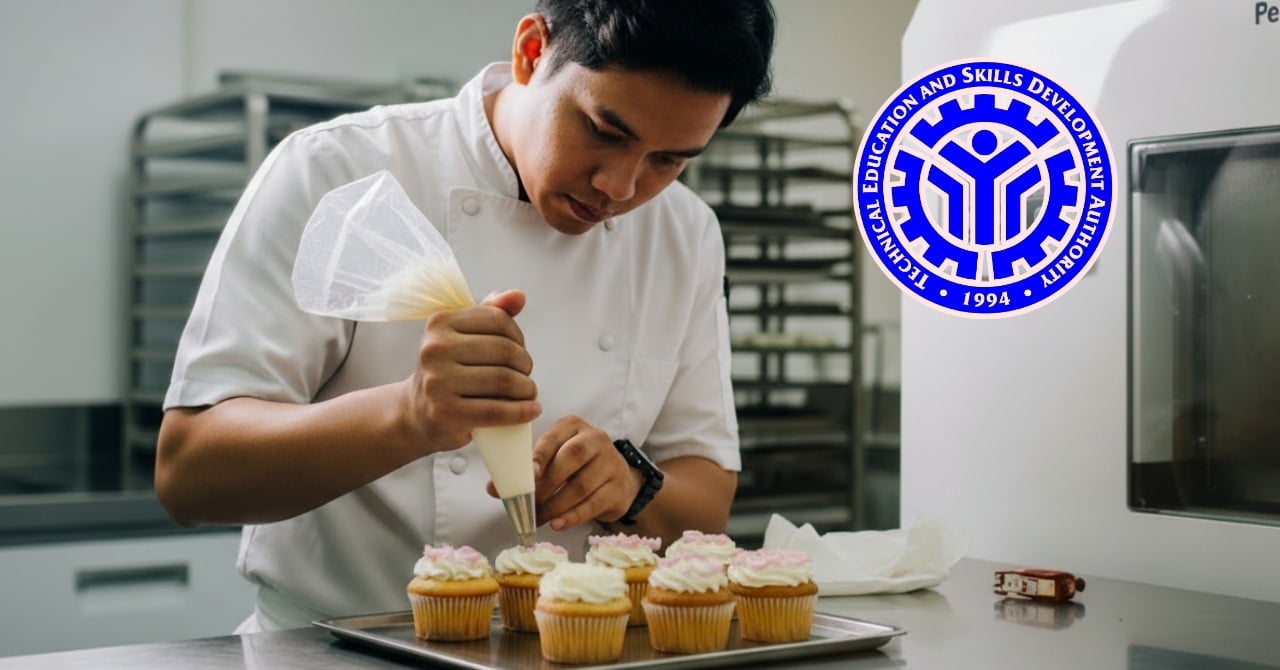Access to quality education has always been a challenge for Filipinos living in remote provinces, disaster-hit areas, and conflict-affected communities.
For many families, traveling to the nearest training center is costly and sometimes impossible. To solve this gap, the Technical Education and Skills Development Authority (TESDA) introduced the Mobile Training Laboratory (MTL) — a classroom on wheels designed to bring technical-vocational education closer to those who need it most.

What Is the Mobile Training Laboratory (MTL)?
The Mobile Training Laboratory is a fully equipped trailer that functions as a moving classroom. Inside, you’ll find tools, equipment, and modules for hands-on learning. These labs travel to underserved communities so Filipinos can access quality training without leaving their hometowns.
The purpose is clear: to provide opportunities for individuals who cannot reach formal training centers due to poverty, distance, or lack of infrastructure.
As of 2023, TESDA deployed 10 MTL units to various regions, including CAR, Caraga, and Regions II, V, VI, VII, VIII, X, XI, and XII. Alongside these, TESDA also added 16 service vehicles to support regional and provincial offices.
Who Benefits from the MTLs?
The MTL project focuses on marginalized communities, ensuring that no Filipino is left behind. Priority groups include:
- Residents of conflict-affected zones
- Families in disaster-prone provinces
- Communities with high poverty levels
- Disenfranchised youth and out-of-school individuals
By bringing training closer to these areas, TESDA is helping break cycles of poverty while offering pathways to sustainable livelihoods.
Skills and Courses Offered
Each Mobile Training Laboratory offers a wide range of nationally certified NC II programs—skills that are practical, in demand, and globally recognized.
| Qualification | Description |
| Bread & Pastry Production NC II | Baking and pastry skills ideal for small businesses |
| Food Processing NC II | Safe and efficient food preservation methods |
| Organic Agriculture Production NC II | Training in sustainable farming practices |
| Carpentry NC II | From basic woodworking to advanced carpentry |
| Plumbing NC II | Residential and commercial plumbing systems |
| Electrical Installation and Maintenance NC II | Wiring, maintenance, and safety protocols |
| Agricultural Crop Production NC II | Crop management, planting, and harvesting techniques |
| Photovoltaic Systems Installation NC II | Solar panel installation and upkeep |
These courses not only prepare learners for jobs locally but also equip them with skills that can be used abroad—a big advantage for OFWs and their families.
Impact and Reach of the MTL Program
TESDA expects the MTL program to produce impressive results each year:
- 5,180 enrollees
- 6,662 graduates
The initial investment for the first 10 units was around ₱79 million, but the long-term benefits in employment, livelihood creation, and poverty reduction are priceless.
More than numbers, the true impact is in the lives transformed—Filipinos who now have access to opportunities once out of reach.
Strategic Vision Behind the MTL
The MTL program is part of TESDA’s National Technical Education and Skills Development Plan (NTESDP). It supports three main strategies:
- TVET for Social Equity – ensuring equal access to training
- Workforce Inclusion – giving opportunities to marginalized sectors
- Poverty Reduction – equipping Filipinos with skills for sustainable livelihoods
The long-term goal is to empower Filipinos with economic mobility by bridging education and employment gaps.
Why the MTL Matters for OFWs and Families
For many OFWs, skills training is a pathway to employment abroad. But the MTL also opens doors for their families back home.
- For OFWs Returning Home: You can learn new skills to start a business or find work locally.
- For Families of OFWs: Training provides alternative income sources without relocating.
- For Aspiring Migrants: TESDA certifications are recognized globally, making them valuable for overseas employment.
In short, the MTLs help families become more self-reliant and resilient.
How to Enroll in MTL Courses
One of the strengths of the program is accessibility. The requirements are simple, making it easier for people from all walks of life to apply.
Basic Qualifications
- At least 18 years old
- Educational background can be:
- High school graduate
- Senior High School graduate
- ALS passer
- College undergraduate or graduate
- Tech-voc graduate
Documentary Requirements
- 4 pcs. 1×1 ID photo (white background)
- Photocopy of Birth Certificate
- Photocopy of educational credentials
- For married women: Photocopy of Marriage Certificate
Who Can Apply?
- Disenfranchised youth
- Indigenous peoples
- OFWs and their families
- Disaster survivors
- Residents of conflict-affected or remote areas
- Industry workers seeking upskilling
Enrollment Process
- Visit your local TESDA office or regional training center.
- Submit your requirements.
- Some regions allow online registration—you’ll receive confirmation through SMS, email, or phone call.
Watch: Mobile Training Laboratory (MTL) in wingban (OLT) ( TESDA) BREAD & PASTRY NC11
TESDA rolls out its Mobile Training Laboratory (MTL) to bring hands-on bread and pastry lessons straight to local communities.
Learners step into a compact, fully equipped space where they mix, knead, and bake with real-time guidance.
This setup opens doors for those who can’t easily reach formal training centers, especially in far-flung areas.
The program strengthens livelihood opportunities by making technical education more accessible and practical.
With every batch of bread, participants gain confidence—and a new skill they can proudly carry home.
Conclusion
The Mobile Training Laboratory is more than just a classroom on wheels—it’s a lifeline for communities left behind by traditional education systems. By bringing training directly to Filipinos, TESDA is making skills development inclusive, practical, and accessible.
For OFWs, caregivers, and Filipino families, the MTL represents hope and opportunity. Whether it’s starting a small business, preparing for work abroad, or building a new livelihood at home, these mobile labs ensure that no Filipino is too far to dream and achieve.
